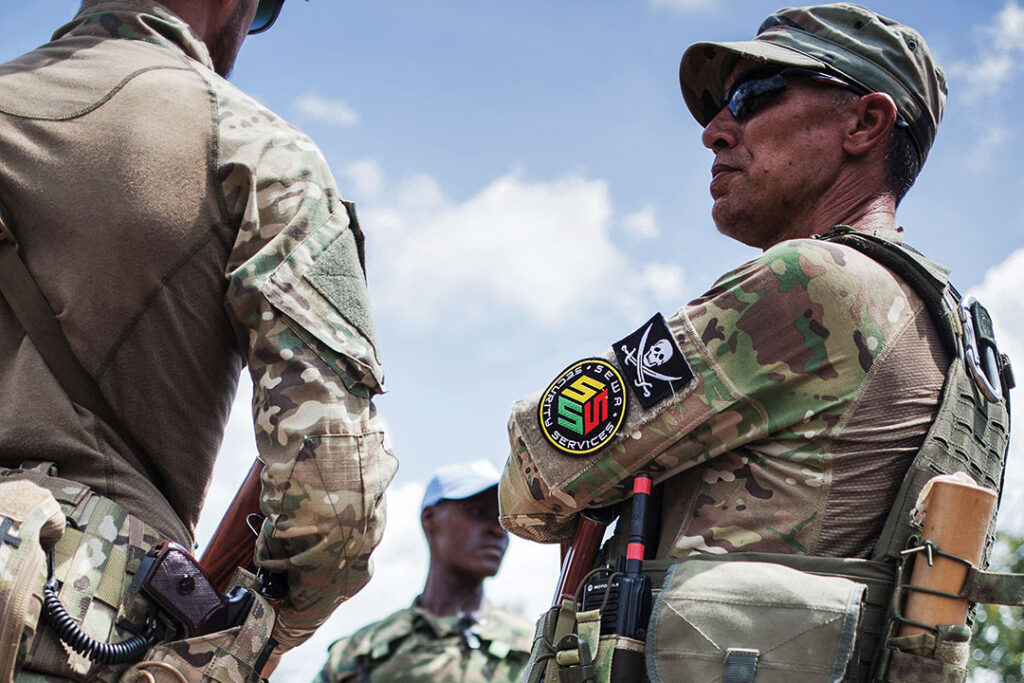The number of mercenaries operating in African countries has grown in recent years, led by Russia’s former Wagner Group. In response, the African Union is working to curb the destructive impact of foreign fighters and provide oversight through a 40-article draft convention and policy brief on mercenary involvement.
The convention, which would be an update of one enacted in 1977, could include provisions for monitoring human rights abuses committed by mercenaries and tougher penalties for countries that employ foreign fighters.
“We must take a stand to eradicate this scourge and ensure it respects our sovereignty,” said Pupurai Togarepi, a parliamentarian from Zimbabwe, during a June 2024 Pan-African Parliament debate on revising the convention on mercenary activity.
A representative from Libya stressed the need to focus on international mercenaries who play the most destructive role on the continent. “African nations must unite to render these groups powerless and protect our people,” Salem Masoud Gnan said during the debate.
Efforts to control mercenaries date to 1977 with the Organization of African Unity Convention for the Elimination of Mercenarism in Africa. That convention warned of the “grave threat which the activities of mercenaries present to the independence, sovereignty, territorial integrity and harmonious development” of African countries. In December 2023, the AU’s Peace and Security Council called for a review of that convention due to rising numbers of mercenaries.
Russia has played an outsized role in exporting mercenaries to Africa. At the height of the conflict in Libya, there were an estimated 20,000 foreign fighters in the country, including many from Russia. The Wagner Group deployed an estimated 5,000 to 7,000 fighters to countries such as the Central African Republic, Libya, Mali and Sudan. Published reports have stated that Russia’s Africa Corps, the successor of the Wagner Group, intends to increase its force size to 20,000 fighters.
Observers warn of the destructive potential of these mercenaries.
“During the Cold War, African governments were typically cautious of mercenaries and foreign fighters. However, African ruling elites now actively invite and utilise them to consolidate power and combat terrorism, marking a shift from past practices,” wrote the authors of an Institute for Pan-African Thought and Conversation policy brief. “This practice essentially outsources security sovereignty to foreign fighters, lacking accountability and offering plausible deniability.”

